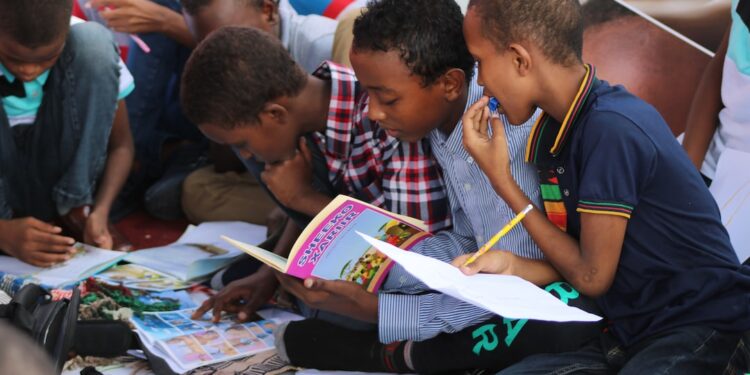The Impact of Social Media on Education
Social media has become an integral part of our daily lives. It has changed the way we communicate, interact, and even learn. The impact of social media on education has been both positive and negative. In this blog post, we will explore the various ways in which social media has influenced education.
One of the most evident impacts of social media on education is the ease of access to information. With just a few clicks, students can search for educational resources, research papers, and even video tutorials on various topics. This makes learning more interactive and engaging, as students can access information from around the world at their fingertips. Moreover, social media platforms like YouTube and LinkedIn have become hubs for educational content, where educators and experts share their knowledge and insights.
Another positive impact of social media on education is the ability to collaborate and connect with others. Platforms like Facebook and Twitter have made it easier for students and teachers to communicate, share ideas, and collaborate on projects. This has opened up new opportunities for students to work together, learn from each other, and broaden their perspectives. For example, students from different parts of the world can come together through social media to discuss global issues, share their experiences, and learn from different cultures.
In addition to collaboration, social media has also revolutionized the field of education through online learning platforms. Websites like Coursera, Udemy, and Khan Academy offer a wide range of online courses and tutorials on various subjects. These platforms have democratized education by providing affordable and accessible learning opportunities for people from all walks of life. Students can now learn at their own pace, choose the subjects they are interested in, and even earn certifications or degrees from renowned institutions.
However, along with the positive impacts, social media has also brought certain challenges to education. One of the major concerns is the distraction it poses to students. With the constant notifications, updates, and addictive features, students often find it difficult to focus on their studies. The temptation to check social media during classroom lectures or study sessions can hinder their learning process and negatively impact their academic performance.
Furthermore, the phenomenon of cyberbullying has become a grave concern in the context of education. Social media provides an anonymous platform for people to bully, harass, and intimidate others. Students, especially teenagers, often fall victim to cyberbullying, which can have severe emotional and psychological consequences. The negative impact of cyberbullying on students’ mental health can disrupt their education and hinder their overall development.
Finally, the issue of privacy and security arises when discussing the impact of social media on education. With the increasing use of social media platforms, students’ personal information is vulnerable to misuse and exploitation. Educational institutions must implement strict policies and regulations to protect students’ privacy and ensure their online safety.
In conclusion, social media has revolutionized the field of education, offering new opportunities for learning, collaboration, and networking. It has made information more accessible and facilitated global connections. However, it is important to address the challenges and concerns that social media brings, such as distractions, cyberbullying, and privacy issues. By harnessing the positive aspects and mitigating the negative impacts, social media can truly transform education and create a more inclusive and interactive learning experience for all.














